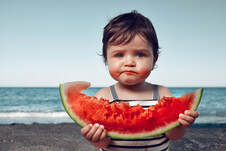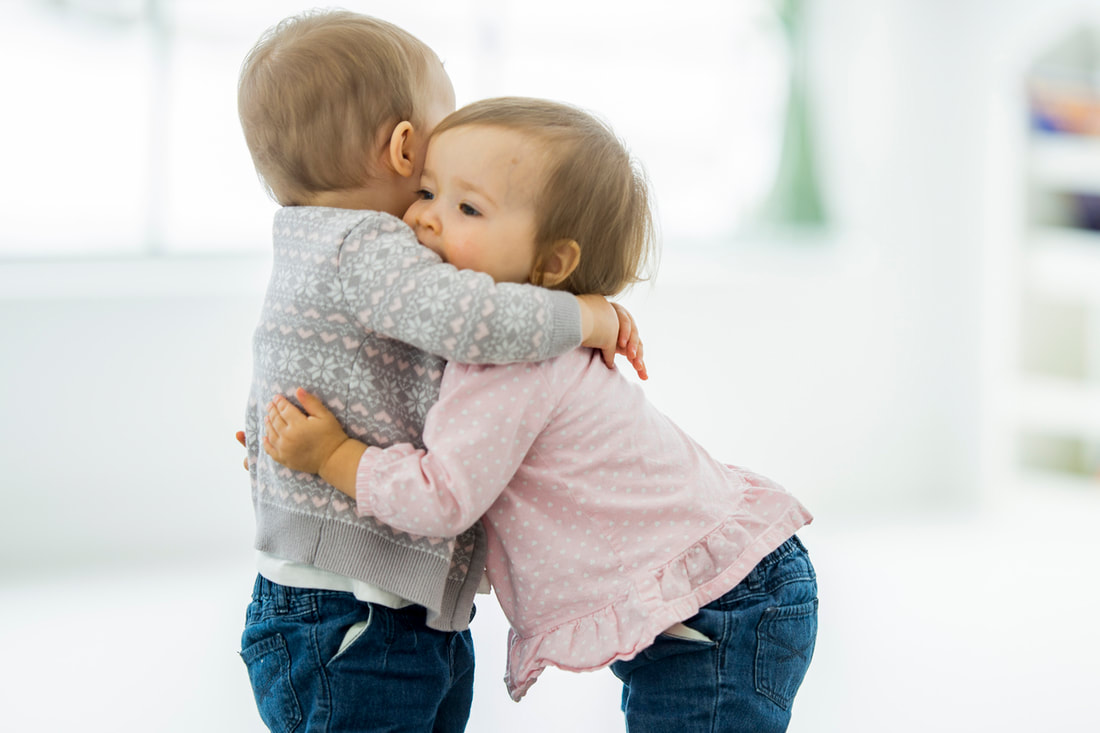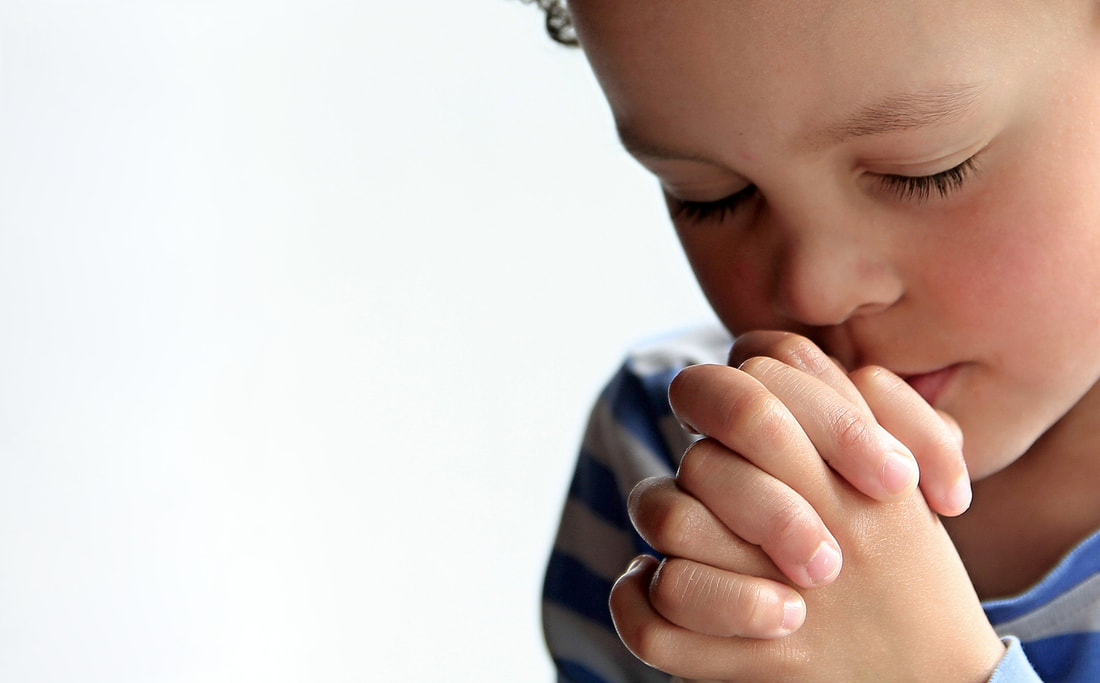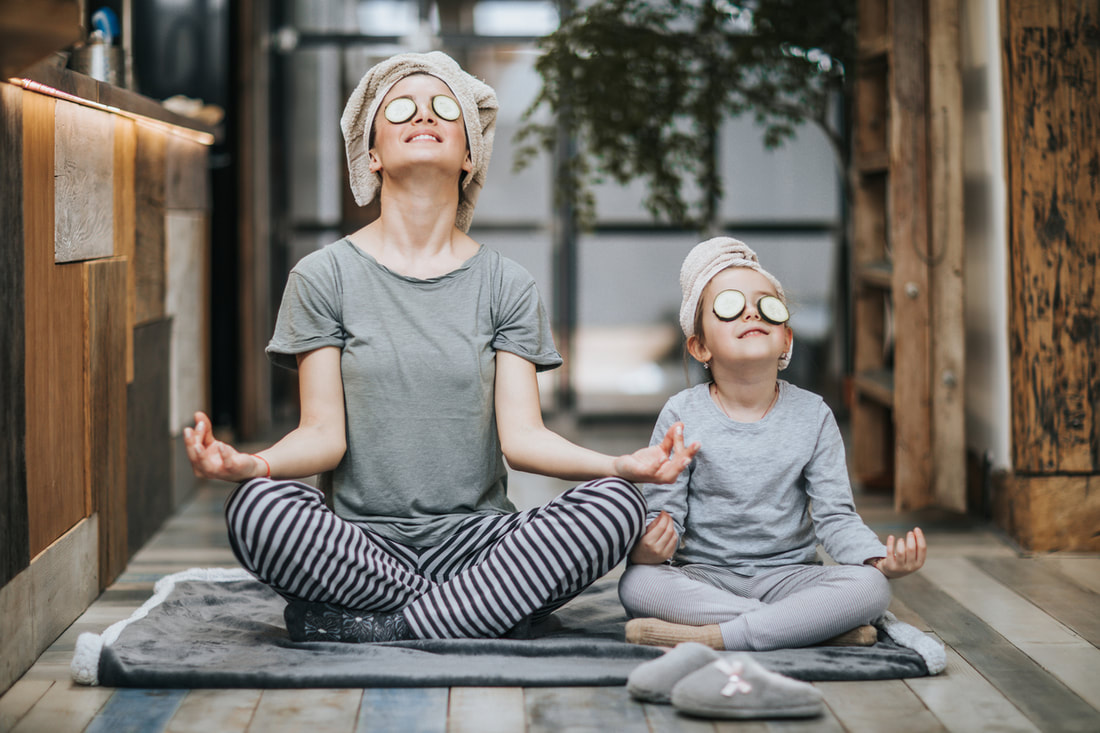"A farmer was using a well-used, dull, rusted axe to cut a huge oak tree on his property. His neighbour was passing by and saw that the farmer was making no progress at all. “At this rate,” the neighbour thought to himself, “it will take him years to chop that gigantic tree down.” So he said to his friend, "Why don't you sharpen your axe?" The farmer replied, breathless: "I can't (chop)…take the time (chop)…Must cut down (chop)…this tree (chop)…by tomorrow." - Based on a Sufi teaching tale
Like the farmer chopping down the tree, many times we can get caught up in trying to reach our goals. We do not think about how we are doing our work or how we can do it better, because we are so busy.
Self-care includes all the things we do to take care of our well-being in four key dimensions – emotional, physical, psychological, and spiritual health.
Everyone deserves to be cared for. Adults have the power to be their own caregivers and the responsibility to care for children and teach them how to also care for themselves.
Self-care helps to identify physical or emotional needs, to develop healthy habits, to be independent and to develop skills to keep oneself healthy and safe.
Like the farmer chopping down the tree, many times we can get caught up in trying to reach our goals. We do not think about how we are doing our work or how we can do it better, because we are so busy.
Self-care includes all the things we do to take care of our well-being in four key dimensions – emotional, physical, psychological, and spiritual health.
Everyone deserves to be cared for. Adults have the power to be their own caregivers and the responsibility to care for children and teach them how to also care for themselves.
Self-care helps to identify physical or emotional needs, to develop healthy habits, to be independent and to develop skills to keep oneself healthy and safe.
Four categories of self-care
|
Physical self-care
Involves activities that help you to stay fit and healthy, and with enough energy to get through your work and personal commitments. That includes eating healthy, drinking lots of water, getting daily exercise and enjoying moments to rest and replenish. |
Emotional self-care
Activities that allow yourself to safely experience your full range of emotions. They might include setting clear boundaries on your time and energy, surrounding yourself with positive people and spending time with people you care about and who care about you. |
Psychological self-care
Activities that might include personal and professional development to intellectually engage with the professional challenges that are found in your work and personal life. Give attention to things that are in your control (your sphere of influence). |
Spiritual self-care
This involves having a sense of perspective beyond the day-to-day of life. Identify what is meaningful to you in your work and life. Practice mindfulness and being present in the moment. |
Why is it important to teach self-care to kids?When we teach children about self-care at a young age, it will teach them to prioritize their mental and physical health; it can help them learn how to deal with stressful situations in the future and reduces their risk of developing mental health conditions, such as anxiety and depression.
Self-care helps to identify physical or emotional needs, to develop healthy habits, to be independent and to develop skills to keep oneself healthy. |
Self-care is a time and space in which we allow ourselves to heal and help ourselves become healthier and happier.
Tips to take better care of yourself:
- Be kind to yourself.
- Celebrate small wins.
- Let go of the things you can't control
- Safety Tip: If it feels wrong, don’t do it.
After doing this, you are ready to complete your trail. Click HERE to find out how much did you learn today.





